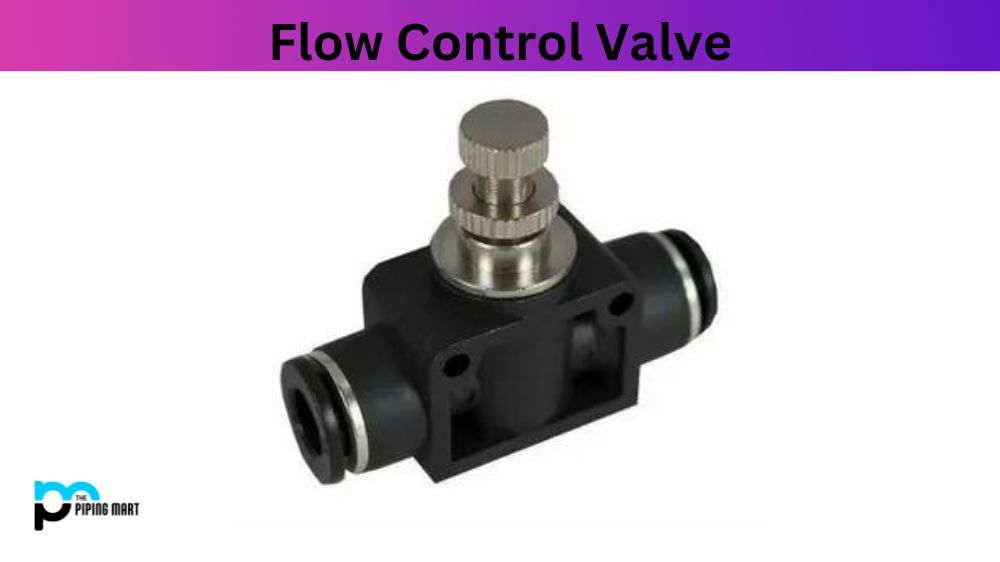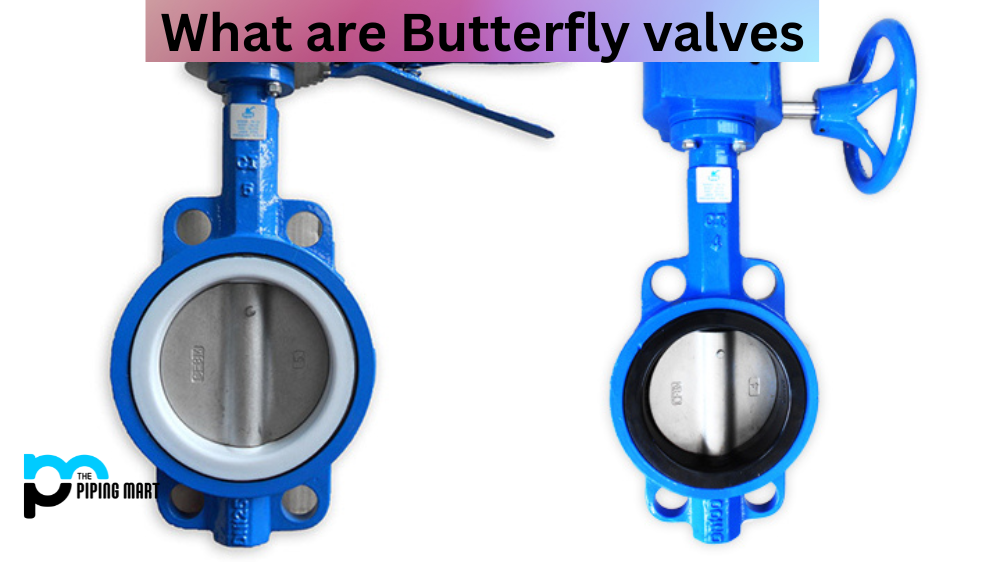Flow control valves are essential components in various industrial applications requiring precise fluid flow rate control. They regulate the flow of liquids or gases in pipelines by adjusting the valve opening, thus ensuring that the fluid flows at a consistent speed. In this blog, we will explore the uses of flow control valves and how they work.
What is Flow Control Valve?
Flow Control Valves are mechanical devices designed to regulate the flow of liquids and gases. They work by either restricting or increasing the amount of fluid passing through them, depending on the pressure differential between their inlet and outlet ports. These valves can be used for a variety of applications such as controlling hydraulic systems, regulating air pressure in pneumatic systems, or maintaining fuel pressures in combustion engines.
The Uses of Flow Control Valves:
Flow control valves have numerous uses in industrial applications, including:
Process Control: Flow control valves are commonly used to regulate the flow rate of process liquids, including chemicals, water, and petroleum products. They are installed in pipelines for metering, distribution, or pressure regulation at various points.
Hydraulics and Pneumatics: In hydraulic and pneumatic systems, flow control valves regulate the fluid flow speed in machines. They maintain the required fluid pressure and ensure smooth movements of cylinders and other fluid-powered components.
HVAC Systems: Flow control valves are essential components in HVAC systems that regulate air and water flow in buildings. They maintain the desired thermal conditions by adjusting the refrigerant and water flow rate in heat exchangers.
Water Management: Flow control valves are essential in water supply and drainage systems. They regulate the water flow rate to prevent overflow or depletion of water tanks. They are also used in irrigation systems to regulate water flow to crops.
How Flow Control Valves Work:
Flow control valves work on the principle of hydraulic control. They consist of a valve body with an orifice that regulates fluid flow. Inside the valve body is a piston or diaphragm that moves in response to the pressure difference across the valve. A spring or weight can be used to adjust the setpoint of the valve.
When the flow rate exceeds the required limit, the piston or diaphragm moves, closing the valve orifice and reducing the flow rate. Similarly, when the flow rate decreases, the piston or diaphragm moves, opening the valve orifice and increasing the flow rate.
Flow control valves are available in various designs, including needle, globe, pinch, and ball valves.
Conclusion:
Flow control valves are essential in industrial processes requiring precise fluid flow control. They are used in process control, hydraulics, pneumatics, HVAC systems, and water management applications. Understanding how flow control valves work can help designers and engineers select the right type for their applications. Ensure you choose the most reliable valve for your process to get the desired results. For more information on flow control valves, kindly check in with industrial valve suppliers to know how they can help you choose the perfect valve for your industrial needs.
Meet Heer, a dynamic and driven writer learning tricks of her trade in the metal industry. With a background in Digital Marketing, Heer brings a unique perspective to her writing, sharing valuable insights. Apart from blogging she like reading and hiking.




